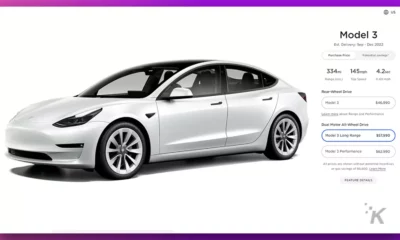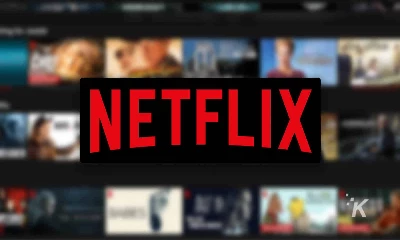News
Meta is working on a digital metaverse wallet
Meta’s current goal is to change our understanding of the internet and what it can be.
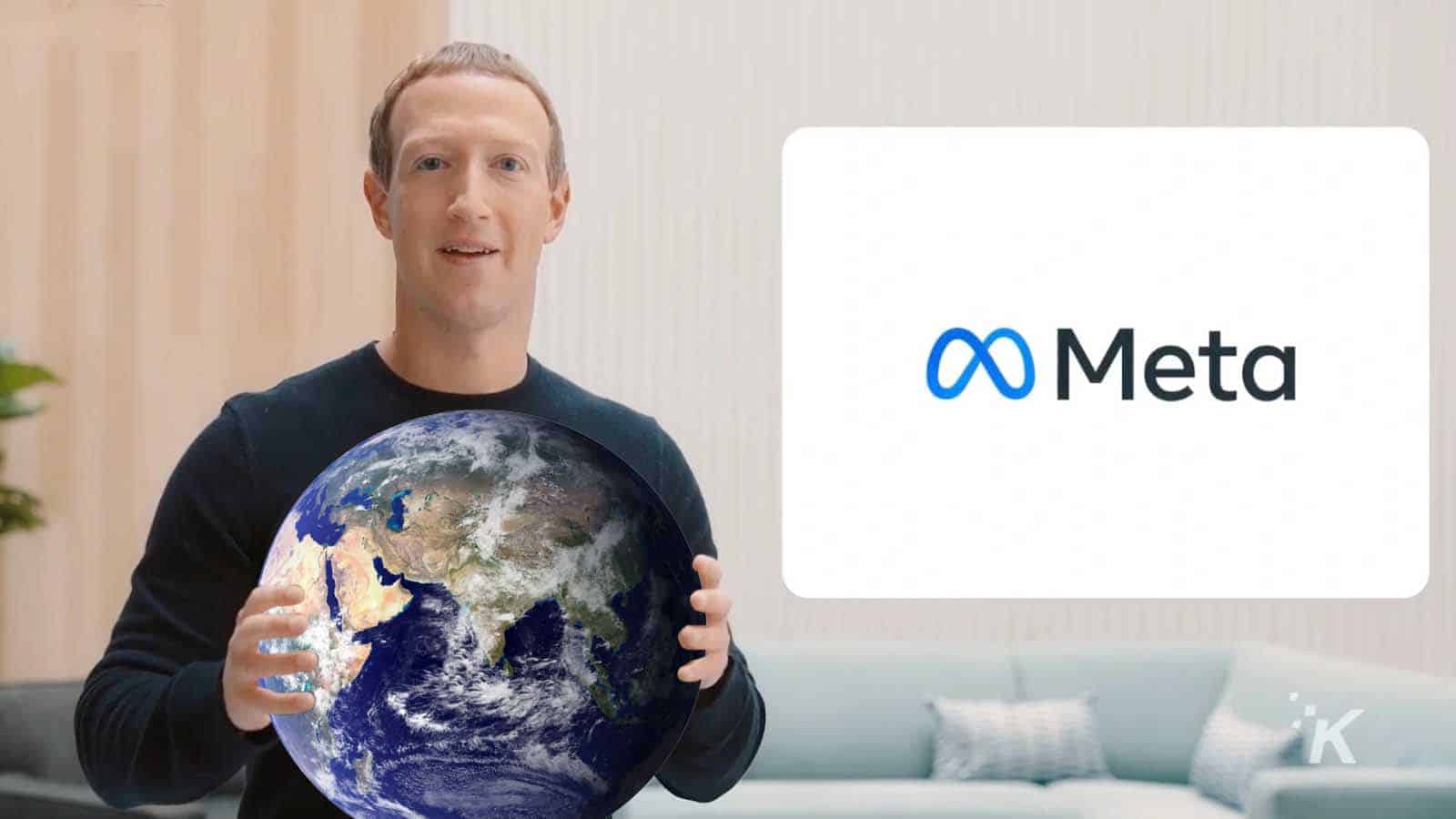
Facebook — sorry, Meta — is working on a digital wallet for the metaverse, allowing users to easily buy digital goods and keep track of their virtual assets.
Mark Zuckerberg announced the project earlier this week on his Facebook page. The founder didn’t offer much by way of detail, other than to say it would be platform-neutral and incorporate some of the features associated with today’s NFTs.
“In the future, there will be all sorts of digital items you might want to create or buy — digital clothing, art, videos, music, experiences, virtual events, and more. Proof of ownership will be important, especially if you want to take some of these items with you across different services,” Zuckerberg said.
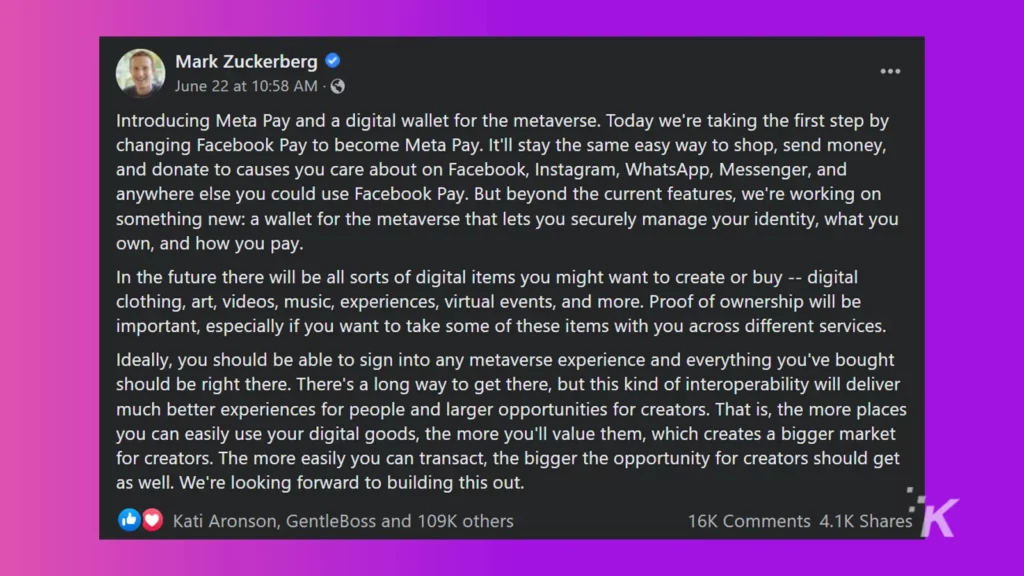
“You should be able to sign into any metaverse experience and everything you’ve bought should be right there,” he added. “The more places you can easily use your digital goods, the more you’ll value them, which creates a bigger market for creators.”
As its user numbers and market share continues to slide, Facebook has looked to the metaverse to remain relevant, even renaming the company to Meta in 2021.
In a recent interview with CNBC’s Jim Kramer, Zuckerberg said he expects the metaverse to have over a billion users by the second half of the decade, each spending hundreds of dollars on digital goods.
“We hope to basically get to around a billion people in the metaverse doing hundreds of dollars of commerce, each buying digital goods, digital content, different things to express themselves,” Zuck said.
“Whether that’s clothing for their avatar or different digital goods for their virtual home or things to decorate their virtual conference room, utilities to be able to be more productive in virtual and augmented reality and across the metaverse overall.”
Understanding the potential of the metaverse
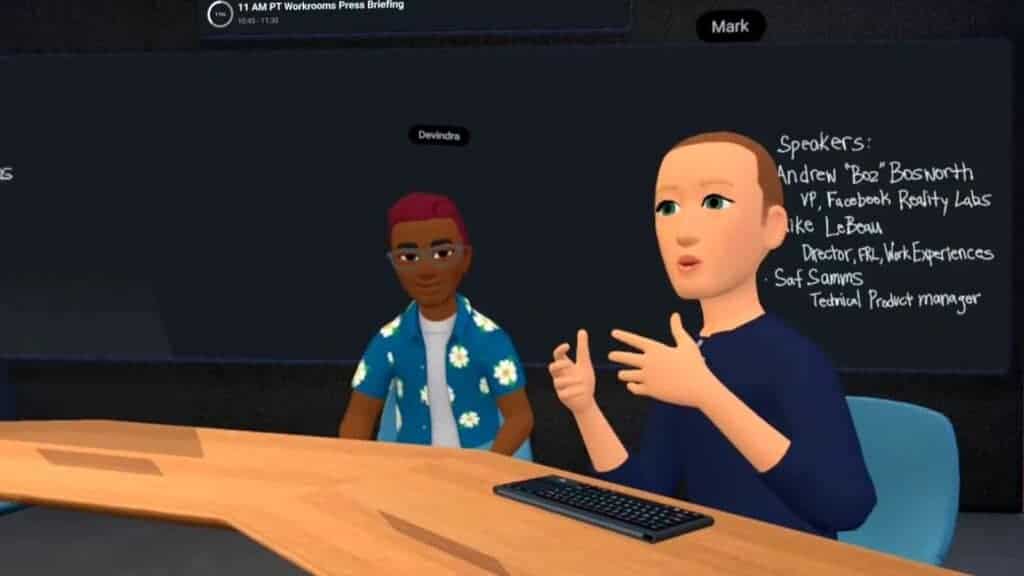
Cast your mind back. The year is 1995.
Coolio’s Gangster Paradise is number one on the charts. Mel Gibson has returned home from the Oscars clutching two trophies for Braveheart, despite the slightly debilitating problem of his inability to do a Scottish accent. And Jeff Bezos is about to introduce his online bookstore to the world.
It’s easy to forget. Back then, most people saw the internet as little more than an experiment. It had potential, sure. But would it meaningfully change everyday life? Not likely.
In February of that year, Newsweek ran an article from famed astronomer Clifford Stoll dismissing the internet as a transient fad doomed to failure.
Robert Metcalfe, the inventor of Ethernet, was even more skeptical. Speaking to Infoworld, he predicted the Internet would go “spectacularly supernova” and collapse in just twelve months.
Obviously, they were all wrong. Ridiculously, hilariously wrong.

Amazon went public two years later. Its rapid success inspired other entrepreneurs. The internet replaced huge swaths of the offline economy.
It became possible to buy groceries, check your bank account, and buy a new outfit, all without leaving your home. Shopping malls — once bustling hubs of activity — entered a terminal decline.
You know this, of course. I bring it up because I want to point out that not every sector of the economy managed to smoothly transition into the digital world.
Big-ticket purchases, like car sales and homes, are still overwhelmingly an offline affair. Streaming hasn’t replaced live events. It’s impossible to replicate the sensation of wading through a moshpit, sweat dripping from your forehead, and your ears clanging with tinnitus.
And, as the pandemic illustrated, education works best offline. Zoom classrooms are no substitute for face-to-face learning.
There are huge swaths of the economy that just aren’t easily replicated online. And so, Meta seeks to change our current understanding of the internet, with virtual worlds replacing the apps and web browsers of today. In doing so, it hopes to convert those remaining holdouts.
Control and cash
Meta has bet billions — not to mention its name — on the metaverse. It has committed huge sums of money and developer resources into building the underlying infrastructure. And if its bet pays off, the company stands to benefit massively.
The company won’t merely own the underlying platform — or, at least, one of the dominant platforms. It will own the financial plumbing, too. Its influence over the online economy will grow, and Facebook will become the center of the online economy.
Its success isn’t guaranteed. But we should still be concerned. For many, the metaverse is the anathema of the decentralized, open internet.
Have any thoughts on this? Let us know down below in the comments or carry the discussion over to our Twitter or Facebook.
Editors’ Recommendations:
- HTC will unveil a phone designed for the Metaverse on June 28
- Instagram and Facebook creators are getting new monetization tools
- Elon Musk’s $44B Twitter bid approved by board of directors
- TikTok now lets you limit your own time on the app


























